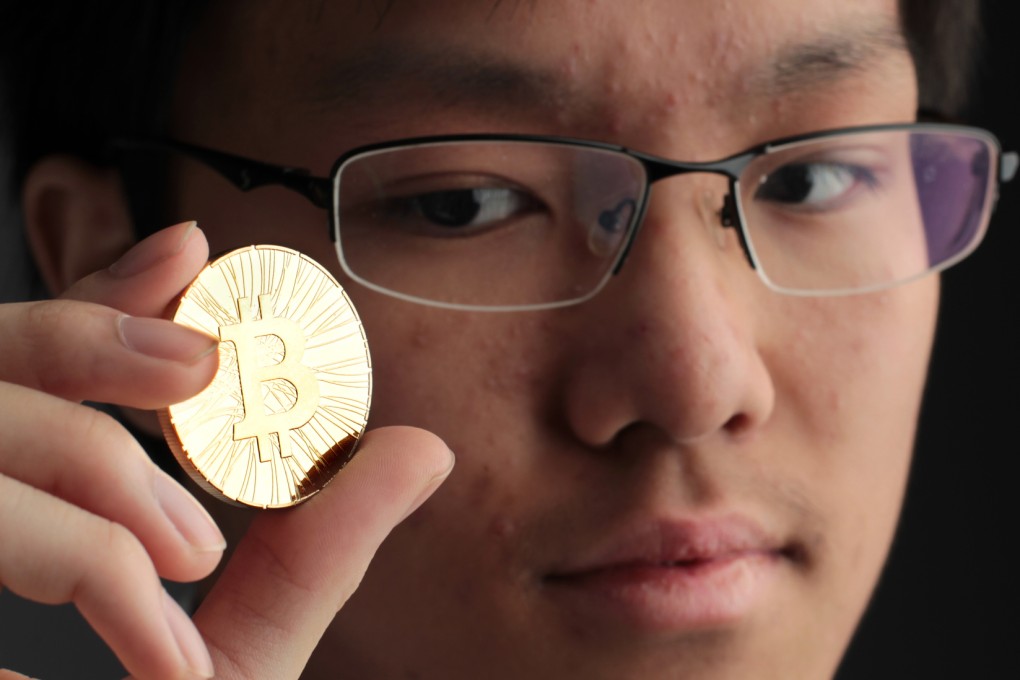New | Bitcoin bubble won't last without Beijing's approval
Andy Xie believes the Chinese government's regulatory crackdown on the digital currency will starve this bubble of the credulous retail investors it needs to sustain itself and grow

Bitcoin is a Ponzi scheme masquerading as a futuristic currency. It was a small bubble until it found China last year. But when the Chinese government launched its crackdown, it was the beginning of the end. Its recent revival is merely the last gasp. No retail Ponzi scheme can last without the credulous and speculative masses in China.
The US Federal Reserve's super loose monetary policy has spawned a plethora of colourful bubbles, from modern paintings and fine wines to properties, bonds and stocks. Internet stocks, for example, are as big a bubble as in 2000.
Bitcoin was trying to join the internet bubble without much success. In the West, bubbles are driven by money managers. Bitcoin is too crazy for them.
But China is the land of retail bubbles. Puer tea and paintings of faces featuring big smiles are two recent examples. In the 1980s, old deutschmark notes from the hyperinflation era were doing the rounds in China. All those zeros got speculators excited. People didn't know the real deutschmark. Bitcoin works in China just like the old deutschmark did then. As long as you are ignorant, it promises untold millions.
China's M2 money supply has risen by more than 22 per cent per year on average since 1978. This is the root cause of why China's masses enjoy speculating so much and are prone to believing in fantastic get-rich-quick stories. Chinese people are big savers, but the monetary policy destroys the value of their savings. Rolling the dice seems more attractive than keeping money in the bank.
Bubbles, by definition, are zero-sum games. In China's case, the credulous masses have become easy prey. The government sector usually takes the lion's share. Some smart cookies take the crumbs. Because the population is so large, the crumbs have made some people very rich.
China's stock market, for example, was founded to raise money for state-owned enterprises in financial difficulty, not for making money for investors. The market works by creating speculative opportunities. When the money goes into the market, the state-owned enterprises take the lion's share by selling shares. The Ministry of Finance gets the second pick from imposing stamp duty on vast trading volumes.